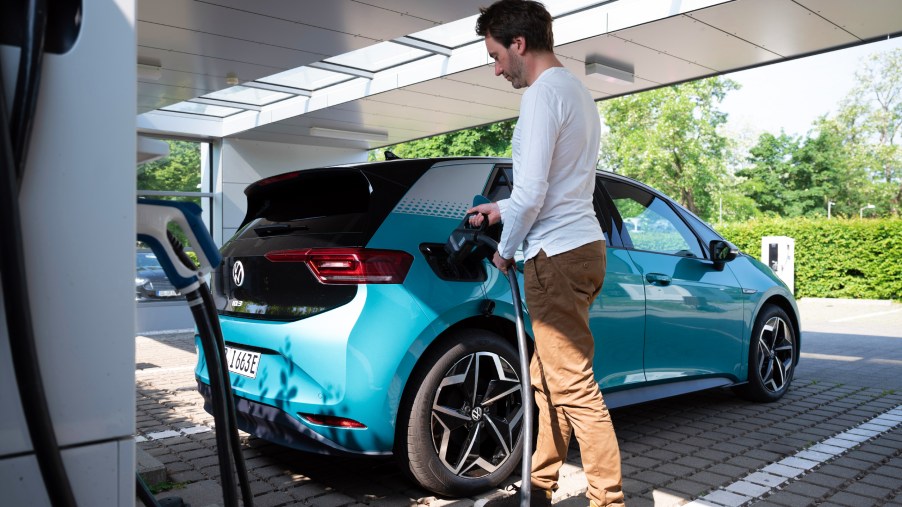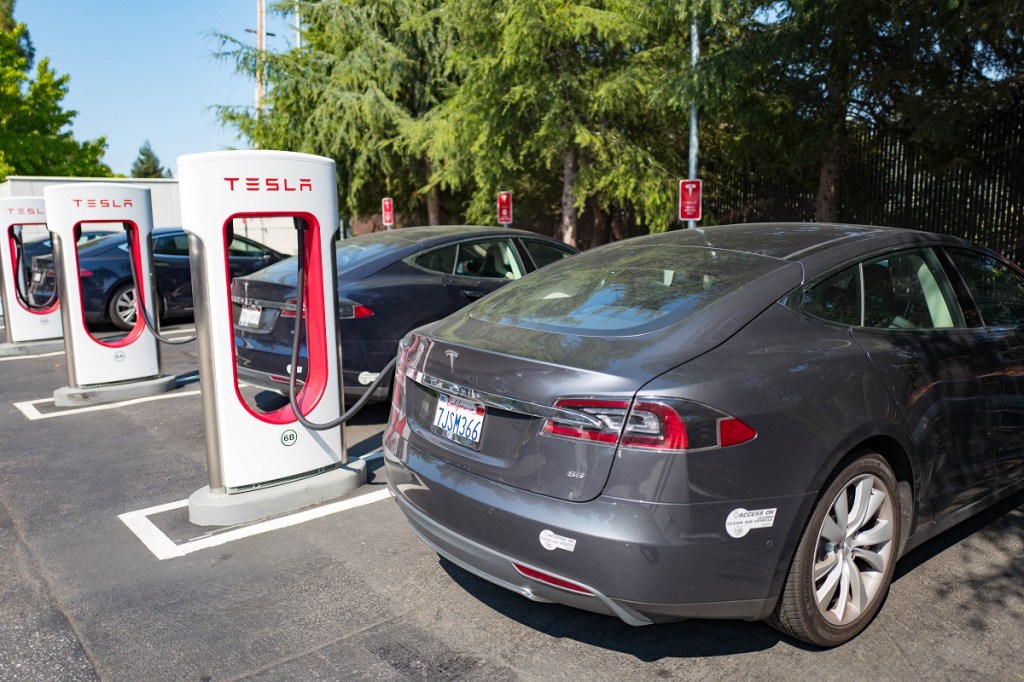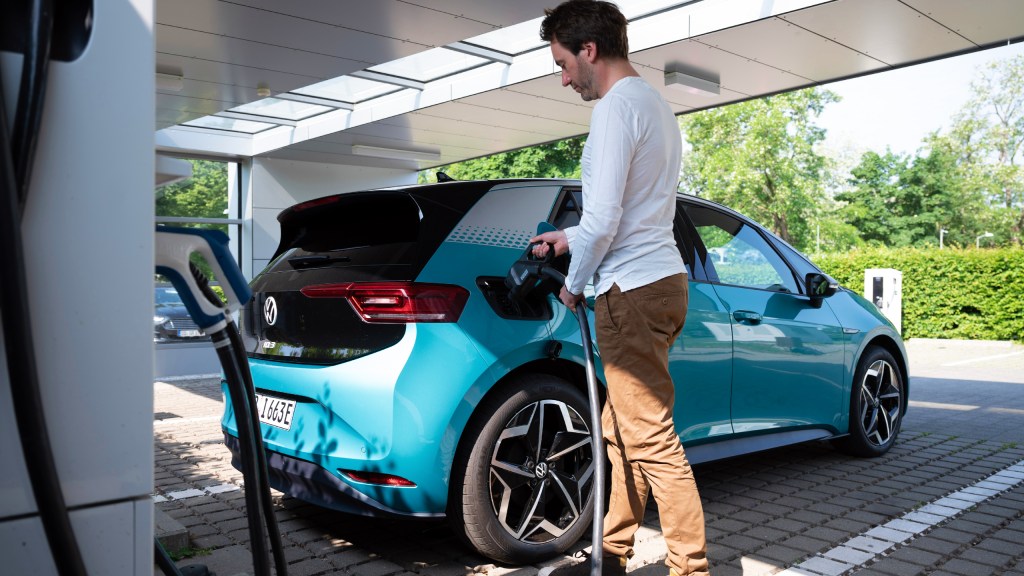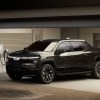
Why Do Many Electric Vehicle Owners Switch Back to a Gas-Powered Car?
Owning an electric car has its strengths and its weaknesses. On one hand, you’re saving the environment and don’t need to pay for gas. While on the other hand, you have to figure out where and when to charge in order to curtail any range anxiety. Owning an electric car is a worthy endeavor, but why do so many EV owners end up switching back to gas-powered cars?
Owning an electric car has its perks

For those that want to get into the alternative-fuel side of the market, owning an electric vehicle is more beneficial than owning a gas-powered one. Many EV owners will benefit from not having to purchase gas as they can charge the vehicle in their own home or out in the field on a public charger. Additionally, the cost to charge the car is far less than it costs to fill one up with gas on a monthly, or even weekly, basis.
Electric vehicles are also quieter and don’t pollute the environment, which is a huge positive. And, best of all, electric vehicles don’t require as much maintenance as gas-powered cars. There are even federal tax credits to take advantage of when purchasing one. So why would anyone want to stray away from owning an EV?
Charging an EV can be tough in some cases

If you purchase any electric vehicles that are currently in the market – whether it’s a Tesla, a Nissan Leaf, or even a Chevy Bolt – it will come with a 110-volt charger. Most of the time, they come with 240-volt charger adapters as well so that you can hook the vehicle up to the 240-volt outlet in your garage if you have one. Or you can even get a Level 2 home charger installed in your garage for the most convenient way to charge the car.
However, according to Anthropocene, one in five electric vehicle owners end up switching back to a gas-powered car. They reported that a study conducted by researchers from U.C. Davis showed that the lack of easy access to a home charger was the main culprit. The study included a survey of 4,160 EV owners in California, 20% of which planned to back to a gas-powered vehicle.
The results found those who planned to switch back were typically younger females who lived in smaller houses, had small earnings, and rented more, which meant they were less likely to live in a single-family house. Due to these stipulations, many of these EV owners felt that reverting to a gas-powered car would be a better choice.
Public charging and range anxiety isn’t as much of an issue

While the ability to charge an EV at home is the main issue, the study also showed that public charging was that much of an issue. That’s surprising, considering most prospective EV buyers typically worry about having to charge the car in the wild. But if they can charge at home, then solves the issue.
If you happen to be in the market for an electric vehicle in the future, we recommend ensuring that you have a place to charge it at nighttime, like a garage or a house. If not, then you might want to skip the idea as owning a gas-powered one could be better for your daily life.



